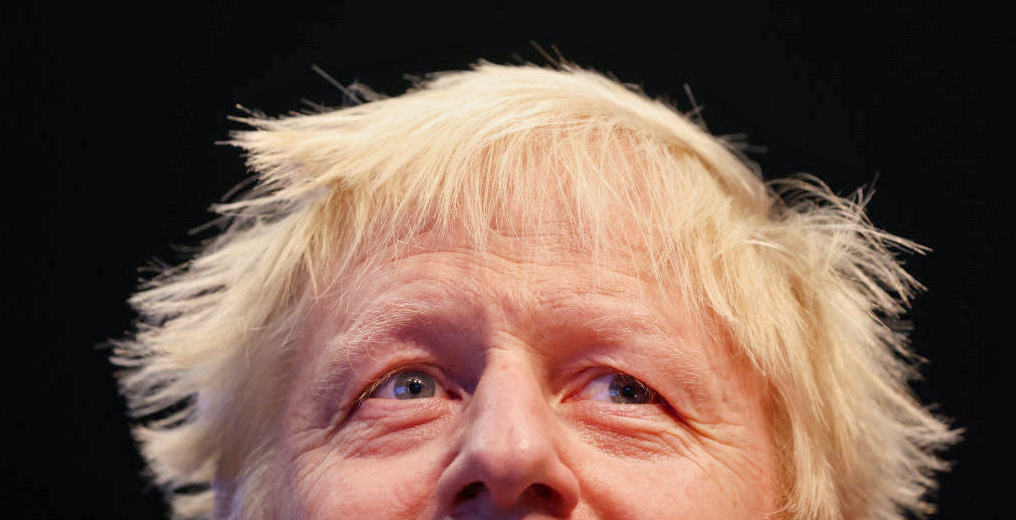The Government is getting a bad press at the moment (including from me). But, for the sake of balance, it’s worth pointing out some of the things they’ve got right.
On the Covid crisis, many of the biggest moves made by ministers are looking better all the time. Let’s start with the most recent of these crucial judgement calls — the ending of lockdown at the beginning of summer.
This was heavily criticised at the time. It’s a near certainty that, to date, we’ve had more Covid cases, hospitalisations and deaths than we would have done had we not opened up. However, the contrast between the current UK situation and the surge now taking place elsewhere in Europe suggests that it was never a matter of whether the population became exposed, but when and how.
NEW: detailed thread on Europe’s winter wave and the contrast vs UK
What’s happening? Why the difference? Can boosters help?
First, the wave itself: cases, hospitalisations & deaths surging in Europe, several western countries shooting past UK ?
Story: https://t.co/7Kqn8eTkoG pic.twitter.com/rtj633K97j
— John Burn-Murdoch (@jburnmurdoch) November 24, 2021
By choosing the summer over the winter and protecting the most vulnerable with booster shots, the UK may be achieving the least worst scenario for the Covid end-game.
The same applies to the economic side of the crisis. Julian Jessop has tweeted out the latest version of a chart that compares employment and GDP levels both during and before the pandemic:
FYI, here's an update of one of my favourite charts, illustrating the importance of #furlough in protecting #jobs in the early stages of the pandemic, but also why it's no longer necessary… pic.twitter.com/SgNTz9QYZL
— Julian Jessop FRSA (@julianHjessop) November 16, 2021
As you can see, both are close to complete recovery — in part, due to the summer re-opening. But what really stands out is that while GDP plummeted during the worst months of the crisis, there was no more than a small dent in employment levels. The fact that we avoided both the short-term trauma and the long-term scarring effects of mass joblessness is thanks to Rishi Sunak’s furlough scheme.
What at first seemed like a desperate policy of Tory communism, now looks like the epitome of prudence. On the whole, support was provided to whom it was needed and for as long as was needed, but no further. Compared to the US policy of stimulus cheques, the furlough was well targeted and has minimised economic distortion.
Finally — and most fundamentally — there was the gamble that the government took on vaccine procurement. Thanks to Kate Bingham and others, this paid-off handsomely. Without the widespread vaccination of the population — and now the booster shots — we wouldn’t have been a position to open-up with confidence and get back to a semblance of normality.
The initial reaction from our EU neighbours may have been ugly, but once they got over themselves the British vaccine experience provided a model that other countries have been able to assess and adapt to their own needs.
Perhaps there’s something to be said for Britain setting its own course.











Join the discussion
Join like minded readers that support our journalism by becoming a paid subscriber
To join the discussion in the comments, become a paid subscriber.
Join like minded readers that support our journalism, read unlimited articles and enjoy other subscriber-only benefits.
Subscribe